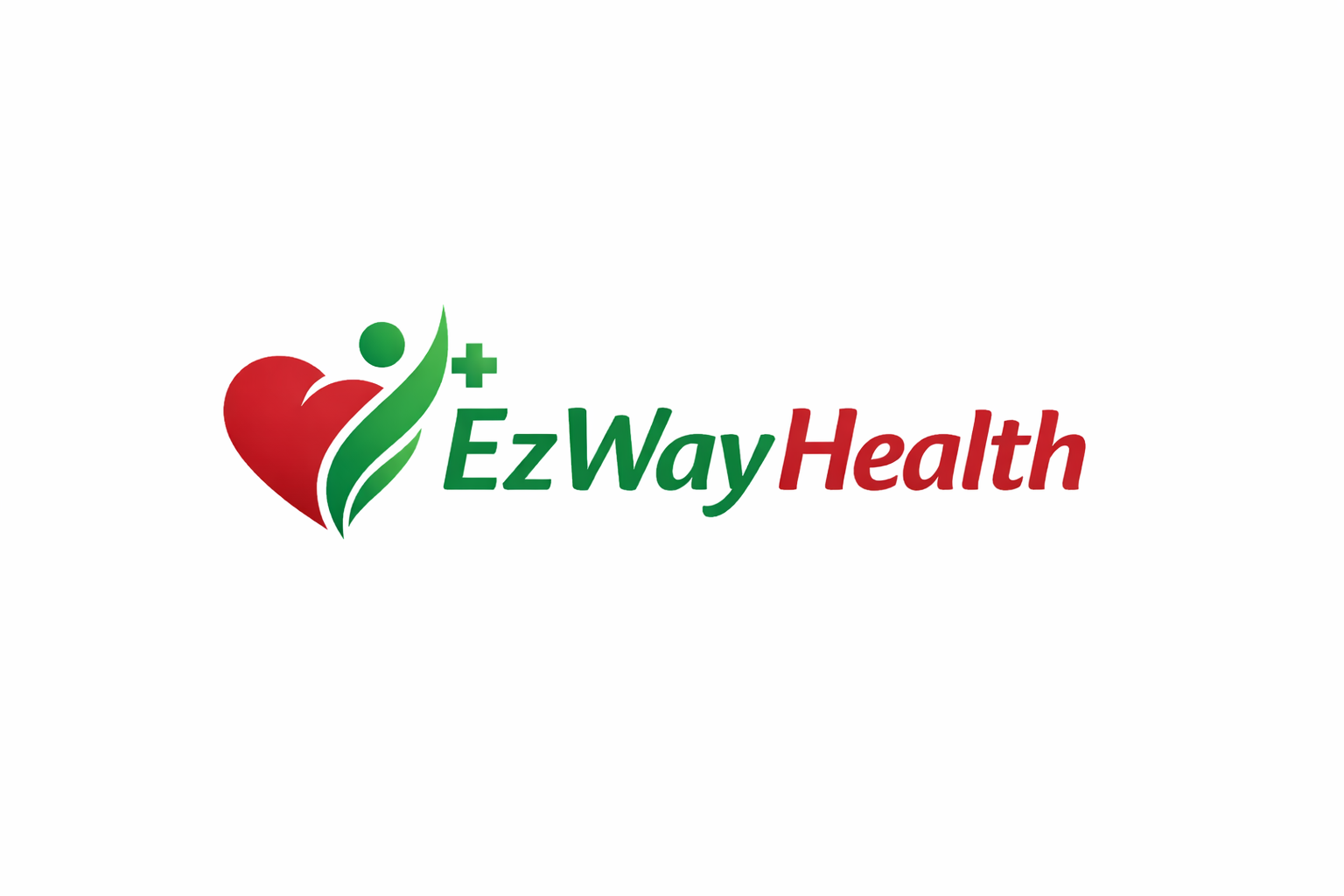Regular family dental check-ups are a key step in ensuring lifelong oral health. You might overlook it, but these visits play a crucial role in keeping your teeth and gums healthy. Many people wait until problems arise before seeing a dentist. But proactive care, like routine cleanings and exams, prevents small issues from becoming major concerns. A dentist in Marysville, WA can spot early signs of decay and gum disease, saving you from pain and costly treatments. Oral health impacts more than just your mouth. It affects your overall well-being, too. By teaching your children the importance of regular visits, you instill habits that support their health for years to come. Establishing a trusting relationship with your dental care provider means you can ask questions and get advice tailored to your family’s needs. Make routine check-ups a part of your family’s health routine today. Everyone benefits from preventive care.
Why Regular Visits Matter
Most dental issues develop slowly. Plaque buildup leads to cavities and gum disease. Regular check-ups allow dentists to clean away plaque and check for early signs of problems. This means fewer painful procedures and less time spent in the dentist’s chair. Kids benefit even more. They learn the importance of oral hygiene and become comfortable with dental visits. These habits can set them up for a lifetime of healthy teeth.
Preventive Care vs. Treatment
Preventive care is less stressful and less costly. The following table compares the benefits of preventive care with the drawbacks of waiting for treatment:
| Preventive Care | Treatment After Issues Arise |
|---|---|
| Regular cleanings remove plaque. | Requires fillings or crowns to fix decay. |
| Early detection of potential issues. | More invasive procedures are needed. |
| Less costly in the long run. | High cost of extensive treatments. |
Impact on Overall Health
Your mouth is a window to your body’s health. Poor oral health impacts other conditions, like heart disease and diabetes. According to the Centers for Disease Control and Prevention, gum disease is linked to several systemic conditions. Maintaining healthy teeth and gums helps manage these issues. Regular dental check-ups ensure you keep on top of oral and overall health.
Creating Lasting Habits for Children
Children who visit the dentist regularly learn the importance of oral health early. This means they are more likely to brush and floss daily. A positive experience with the dentist encourages them to keep up with these habits as they grow. Regular visits teach kids that dental care is a normal part of life, just like going to school or visiting the doctor. A child who sees the dentist regularly is more likely to continue this practice into adulthood.
Building Trust with Your Dentist
Trust in your dentist leads to open communication. You feel comfortable asking questions and discussing concerns. This relationship helps you understand your oral health better and make informed decisions. Your dentist can offer personalized advice that suits your family’s unique needs. This trust also eases any anxiety about visits, making them a more positive experience for everyone involved.
Access to Professional Advice
Regular dental check-ups provide you with expert guidance on maintaining oral health. Your dentist can recommend products, such as toothpaste or floss, that suit your needs. They also offer tips for better oral hygiene practices, which can prevent issues down the line. Proper advice from a trusted source is invaluable in maintaining both oral and general health.
Conclusion
Regular family dental check-ups are essential for maintaining oral health and preventing more serious issues. They offer a chance to remove plaque, catch early signs of trouble, and instill healthy habits in children. Building a trusting relationship with your dentist enhances communication and eases concerns. Taking this proactive step supports not just oral health but overall well-being. Prioritize these visits and ensure that your family stays healthy now and in the future. For more detailed information about oral health, you can visit the American Dental Association’s MouthHealthy website.

